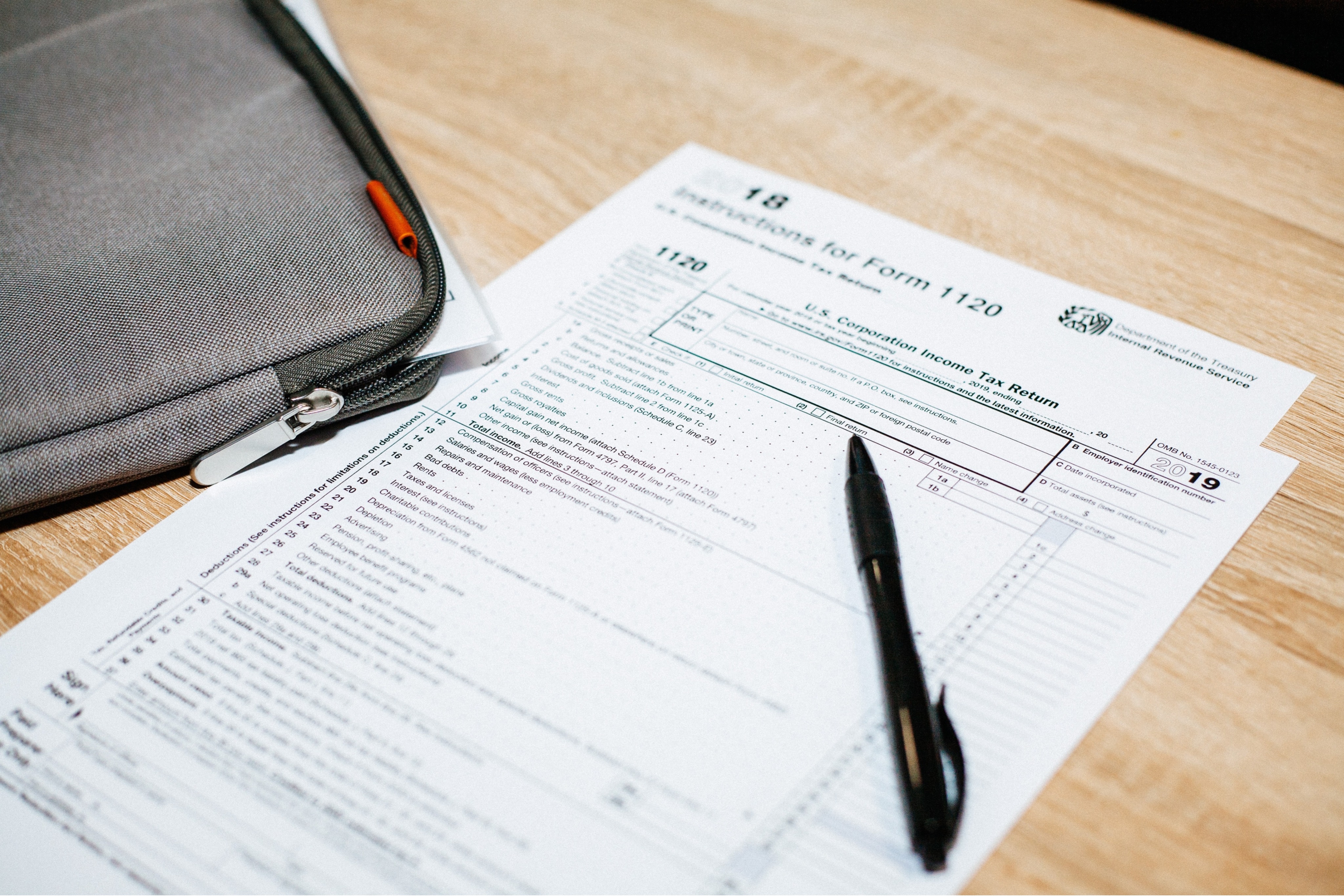How To Stop A Tax Levy
By Todd Whalen - February 25, 2021
A tax levy is a collection method that IRS and local governments use to seize money from you to satisfy your tax debt. The IRS can collect money from you in many different ways. They can:
You can submit an appeal of a tax levy with the IRS Independent Office of Appeals. The IRS must release your levy under the following conditions:
Pay in Full
You can avoid problems with the IRS by paying your taxes on time. Of course, that’s sometimes easier said than done. If you’re unable to keep current with your tax bill, contact the IRS to discuss your options.
Make Payments
If you can’t pay your tax bill in full, you may be able to create a payment plan with the IRS and make payments over time. A payment plan won’t prevent interest and penalties from incurring, but you shouldn’t receive a levy if you’re making payments on time.
Make an Offer and Negotiate
A third option is to negotiate with the IRS to settle your debt for a lower amount. This is called an offer in compromise and, with a successful negotiation, you may be able to pay less than the full amount of your tax debt.
Go Back - Garnish your wages: The Internal Revenue Service can require your employer to withhold a portion of your pay and direct that money to the IRS to pay your taxes.
- Issue a levy with your bank: The IRS can force your bank to prevent withdrawals from you or anyone else for 21 days. In the meantime, the IRS can make withdrawals and direct them towards your tax debt.
- Seize your property: The IRS can seize your home, vehicle, or other property and then sell it with the proceeds going to your tax bill.
- Reduce your refund: Whether you are due a refund at the federal, state, or municipal level, the IRS has the power to seize your refund and use it to satisfy your tax debt.
- Other methods: Sometimes, the IRS has to get creative and look for alternative ways to collect funds from you. For example, they could make money from your social security benefits or seize assets from your business.
You can submit an appeal of a tax levy with the IRS Independent Office of Appeals. The IRS must release your levy under the following conditions:
- You pay your tax debt in full.
- Releasing the levy will enable you to pay your taxes.
- The IRS issued the levy after the collection period expired.
- The property value is more than the amount due, and releasing the levy would have no bearing on the IRS’s ability to collect the tax debt.
- You have an Installment Agreement in place with terms preventing the levy from continuing.
What’s the Difference Between a Levy and a Lien?
A tax lien is a legal claim to your property to secure money to pay for your taxes owed. On the other hand, a levy is follow-through on that claim; it is the actual seizure of property to satisfy your tax debt.How to Prevent a Tax Levy
The best way to deal with a tax levy is to avoid them altogether. Here are the three best ways to prevent an IRS tax levy:Pay in Full
You can avoid problems with the IRS by paying your taxes on time. Of course, that’s sometimes easier said than done. If you’re unable to keep current with your tax bill, contact the IRS to discuss your options.
Make Payments
If you can’t pay your tax bill in full, you may be able to create a payment plan with the IRS and make payments over time. A payment plan won’t prevent interest and penalties from incurring, but you shouldn’t receive a levy if you’re making payments on time.
Make an Offer and Negotiate
A third option is to negotiate with the IRS to settle your debt for a lower amount. This is called an offer in compromise and, with a successful negotiation, you may be able to pay less than the full amount of your tax debt.




















